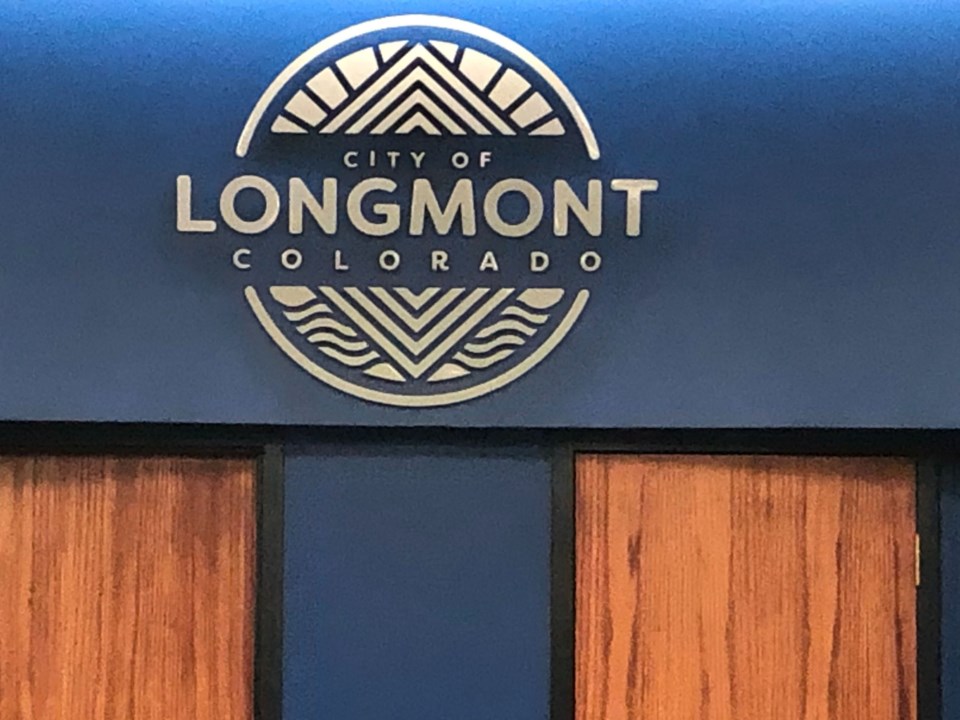Longmont is studying where to spend $12.97 million in COVID-19 relief funds with affordable housing, neighborhood improvements and adding more broadband in the city as some of the most likely targets.
City staff members unveiled the funding options to the city council earlier this week, with the caveat that the dollars can’t be spent on just any project. “I think a lot of people thought...you could spend this on just about anything. The answer is you can’t,” City Manager Harold Dominguez told the city council.
Still, “these are transformational dollars,” Dominguez said.
Longmont’s share of the funding comes from the American Rescue Plan Act of 2021, which is a $1.9 trillion rescue package to help the country recover from the economic impacts of the pandemic, according to a city staff report to the council. Longmont’s portion is part of the rescue plan’s State and Local Fiscal Recovery Fund, aimed at bolstering state and local governments.
Colorado received $3.8 billion for its recovery while Boulder County got $63.3 million, Peter Gibbons, Longmont’s recovery manager and emergency management coordinator, told the city council.
“The way we spend the $12.97 million ARPA local recovery fund will play a key role in our community’s recovery from the COVID-19 pandemic,” the staff reports said.
The local allocation includes eligibility requirements that incentivizes a variety of projects, the staff report states. Most of the funds are aimed at “safe harbor” projects including:
- Ongoing response to COVID-19 public health needs as well as mental health, substance abuse, and behavioral health services.
- Infrastructure investments including broadband to underserved communities, which comes with very specific requirements.
- Assistance programs for households struck hard by COVID-19.
- Development of affordable housing to increase supply of high-quality living units
- New or expanded childcare
- Loans and grants to small businesses and industries impacted by COVID-19.
Longmont received 50% of its allocation of the local recovery funds with the remaining 50% expected next year, GIbbons told the council.
Municipalities need to file an initial report by Aug. 31, to indicate what each city’s “revenue replacement” needs may be, the staff report states.
Councilmember Joan Peck asked if the COVID funds could be paired with ongoing efforts to meet the city’s climate goals. Councilmember Marcia Martin added that child care and expanding affordable housing in the city are Longmont’s most immediate needs. She said any projects the city takes on with the COVID funds have to be sustained after the funding runs out, which could be by 2024 or 2026.
Councilmember Aren Rodriguez said the city should spend the money on capital improvement projects, also noting the “safe harbor projects are the most aligned with the city’s goals.”



